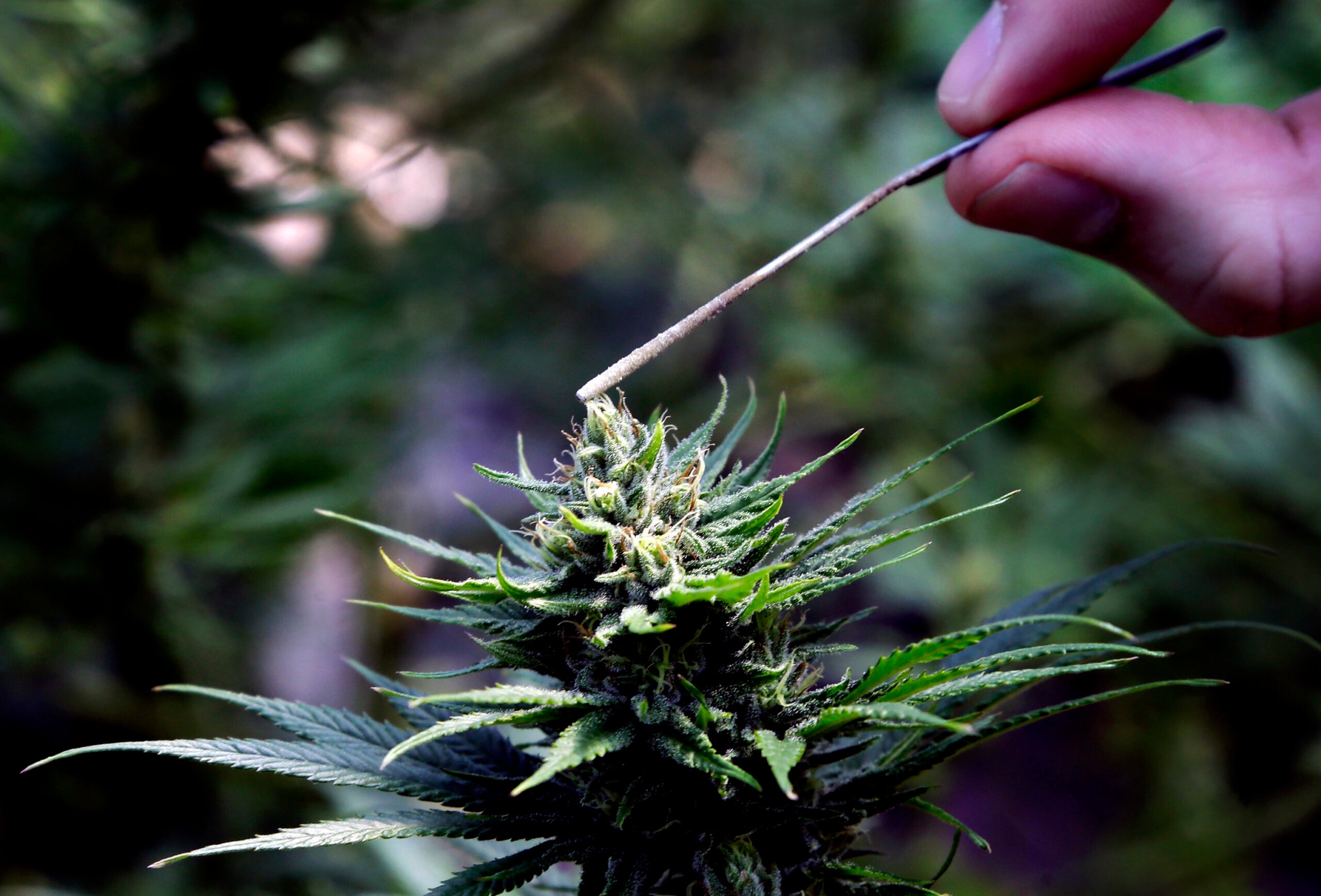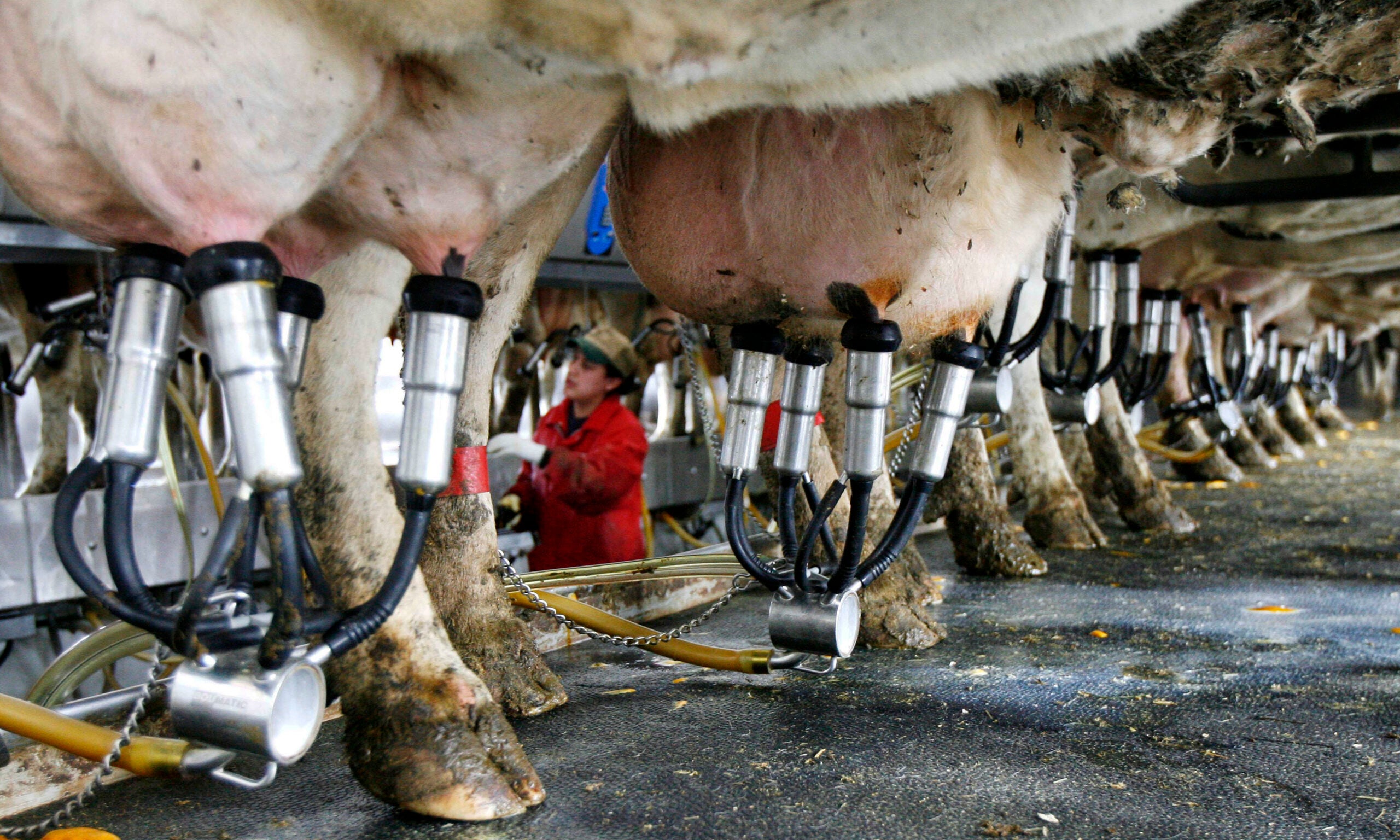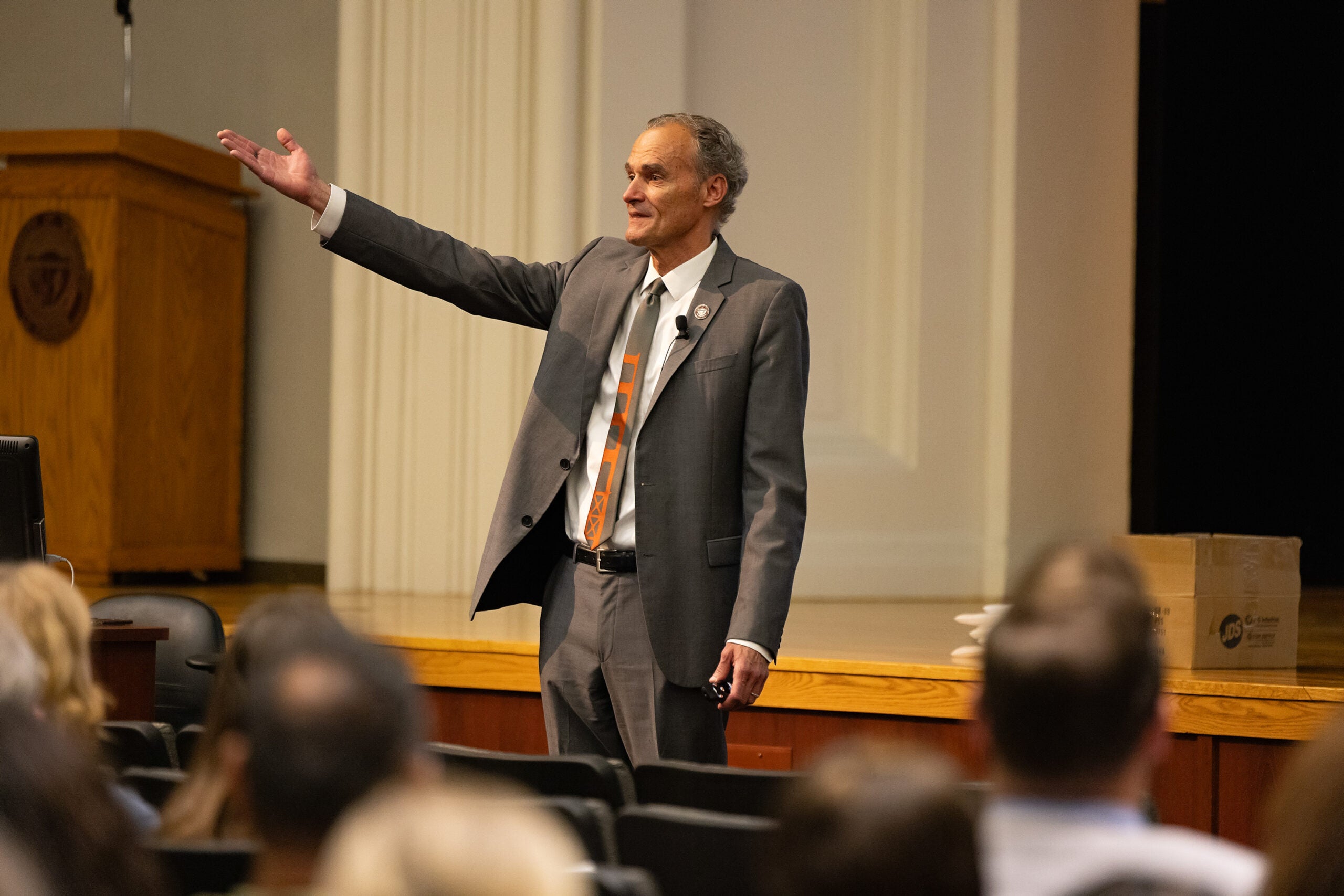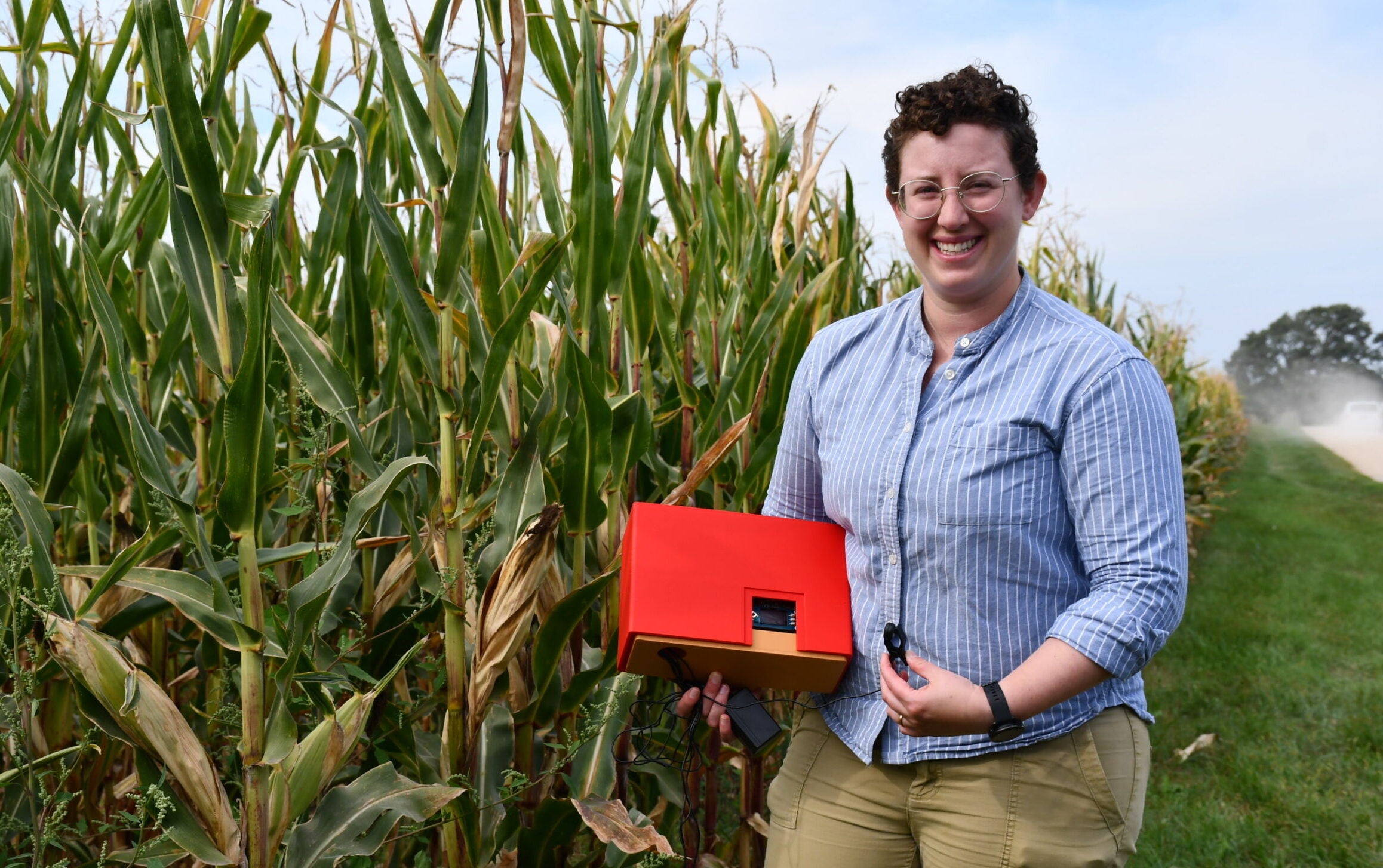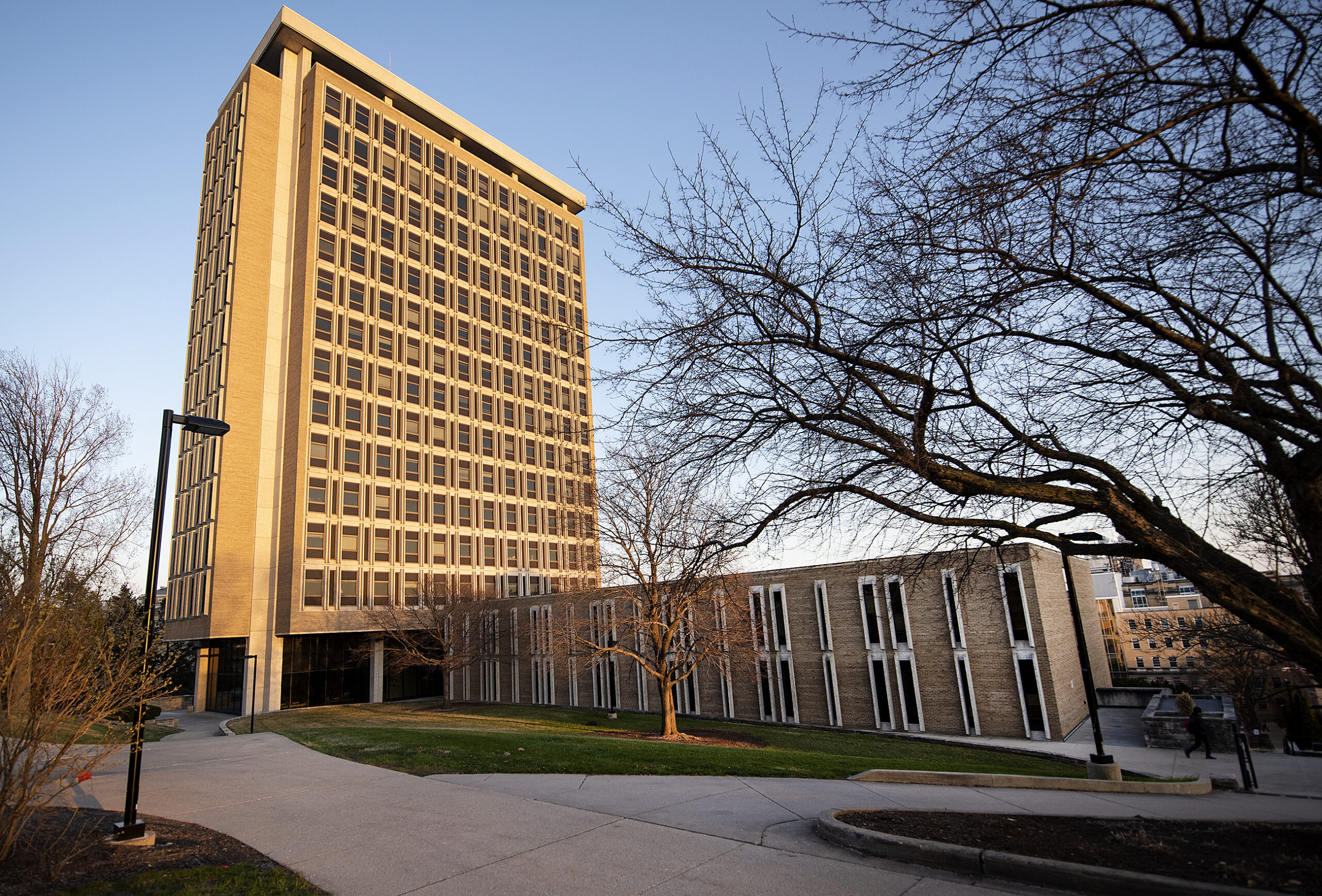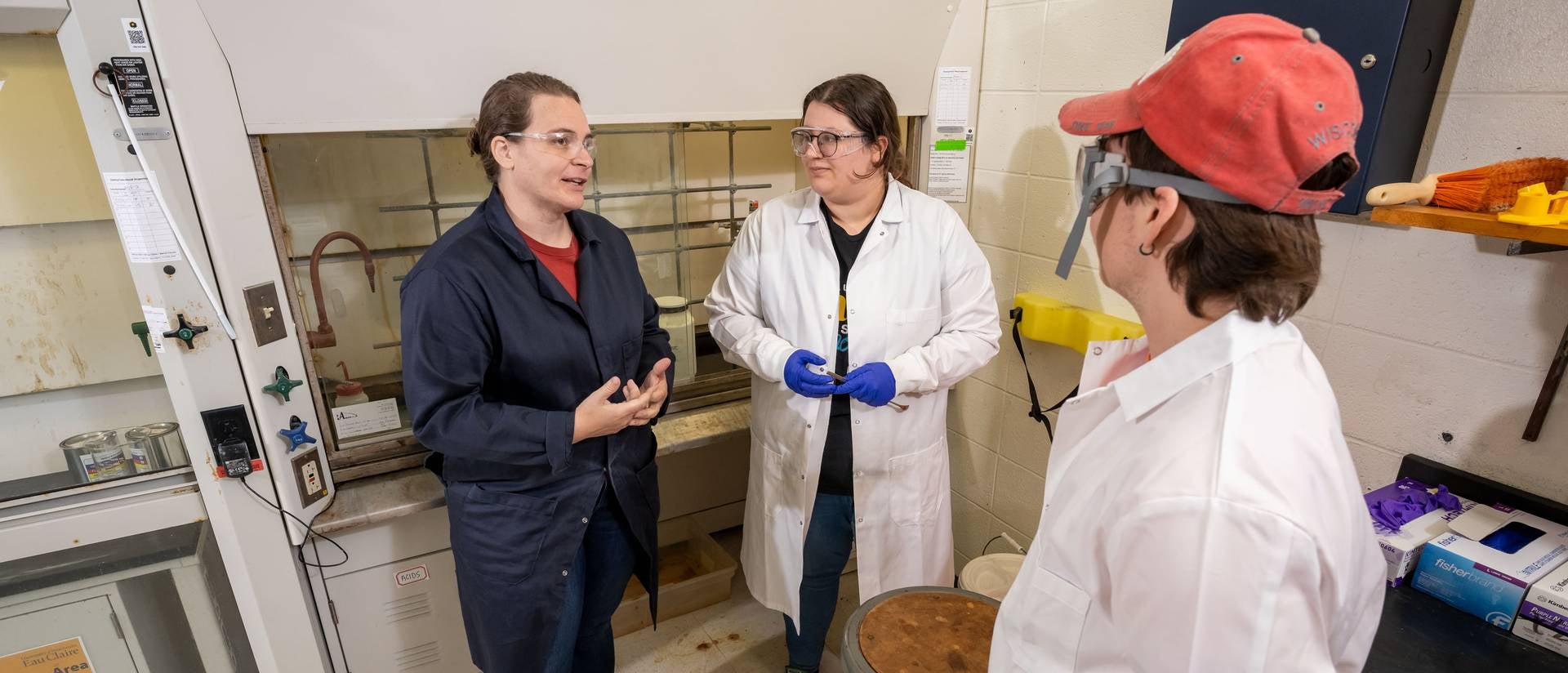More and more cannabidiol, or CBD, products are hitting the market in Wisconsin and nationwide. But questions about regulation and what exactly is in the products remain unclear.
Starting this summer, the University of Wisconsin-Parkside will be one of the first universities in Wisconsin with a lab to look for answers to those questions.
UW-Parkside will be able to help local farmers and businesses test their products and plants for tetrahydrocannabinol, THC, potency, as well as test for other potentially harmful ingredients through a partnership with the Japanese company Shimadzu Corp., which provided the equipment.
Stay informed on the latest news
Sign up for WPR’s email newsletter.
The goal is to help consumers and farmers feel safe about the products that are available, said Emmanuel Otu, dean of the College of Natural Health and Sciences at UW-Parkside.
“The most important thing is that consumers are presented with safe products, by making sure that the material that is claimed is accurate,” he said.
The first step will be testing potency for growers, but down the road, they hope to evaluate for pesticides, residual solvents and heavy metals in the plants and products, said Lori Allen, associate professor of chemistry at UW-Parkside.
In Wisconsin, hemp products can’t exceed 0.3 percent THC, and the UW-Parkside lab would give farmers the opportunity to monitor levels in their crop, Otu said.
“So it would allow them to do periodic measurements and know exactly when they will apply to the (state) Department of Agriculture Trade and Consumer Protection to get certificates of analysis and be able to harvest their crop without losing their investment,” he said.
The project will also give students the opportunity for hands on experience in a laboratory setting, Allen said. The chemistry department is hoping to expand further than cannabis and hemp with a natural products concentration.
“I have a tremendous amount of aspirations for the students,” she said. “I’m also hoping that they have a sense of inquiry and can become the next leaders … to capitalize on natural products.”
The lab will be ready to start testing on June 3, Otu said.
Wisconsin Public Radio, © Copyright 2024, Board of Regents of the University of Wisconsin System and Wisconsin Educational Communications Board.

